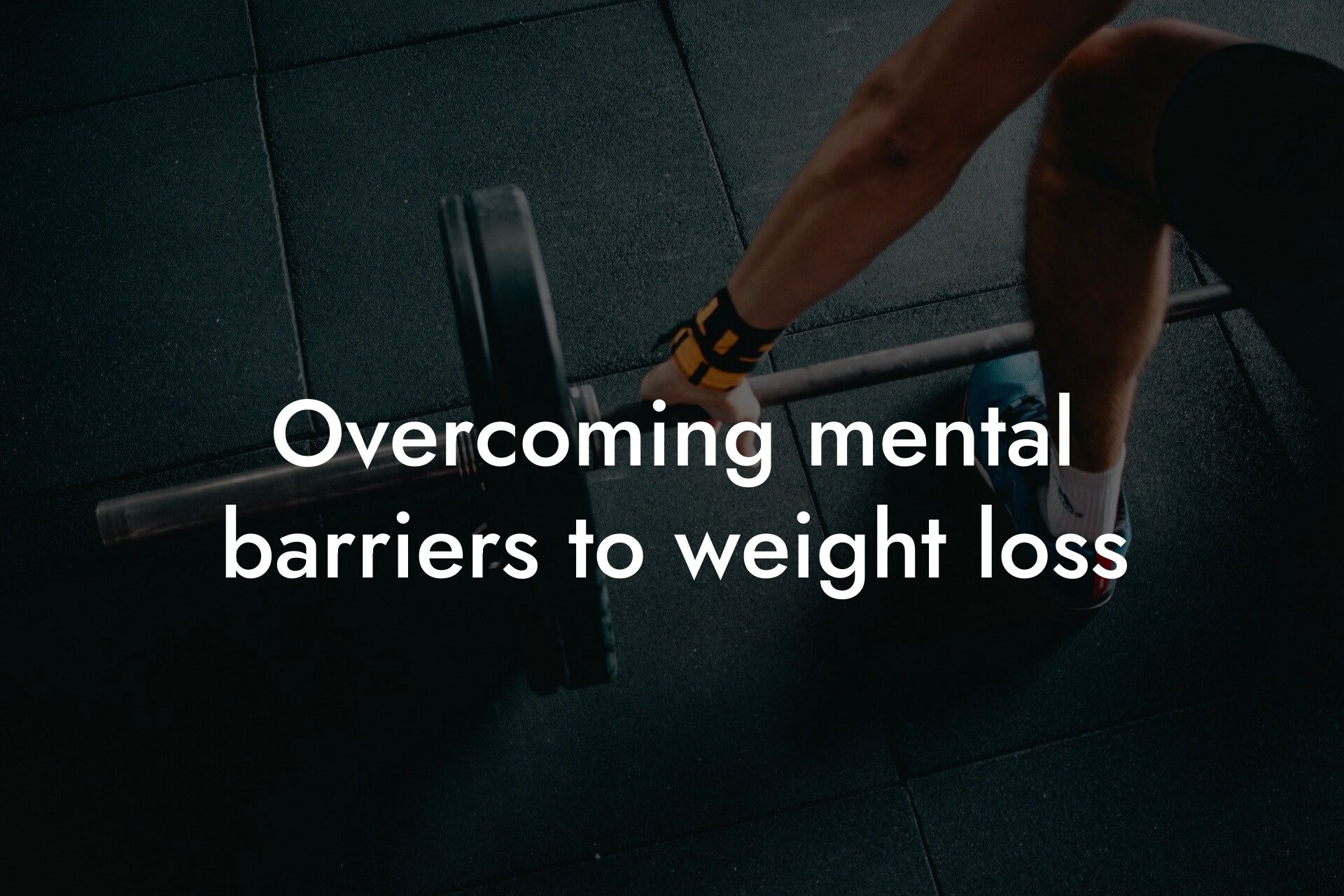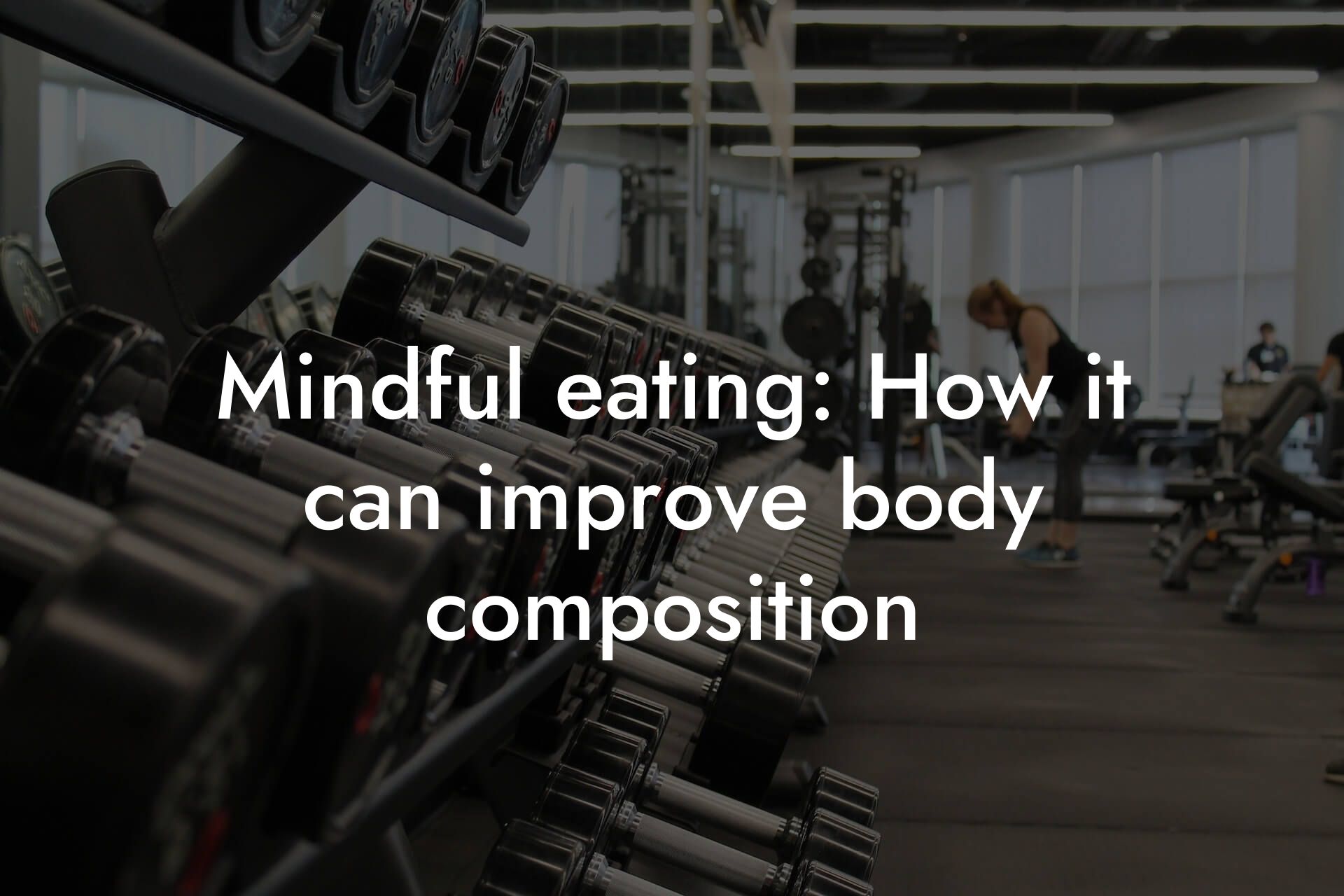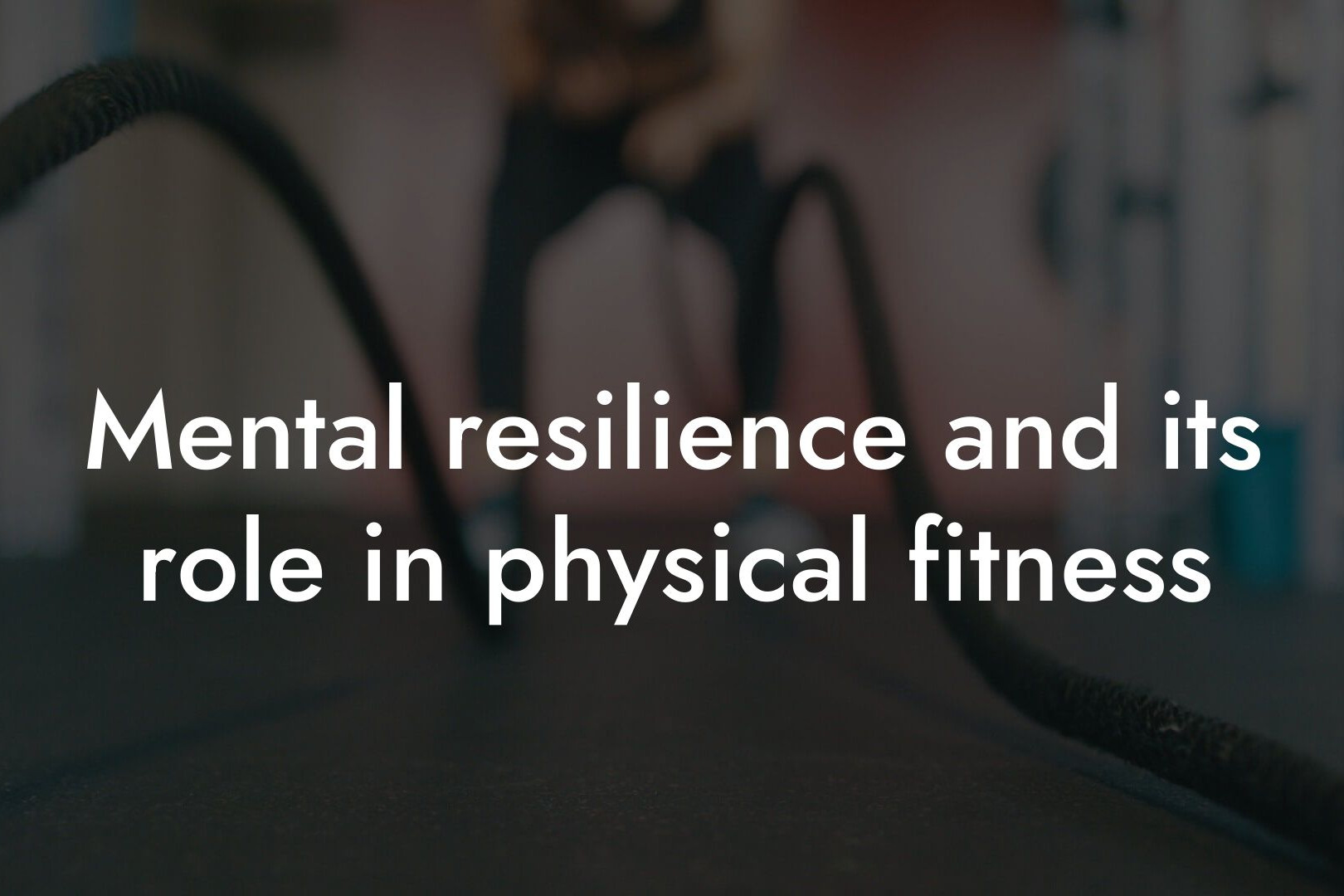As high-earning professionals, you understand the importance of presenting yourself confidently and authentically. Your physical appearance plays a significant role in how others perceive you, and more importantly, how you perceive yourself. Body image is a complex and multifaceted concept that affects individuals from all walks of life, including professionals. In this article, we'll delve into the psychology of body image among professionals, exploring the underlying factors, consequences, and strategies for cultivating a positive body image.
Table of Contents
- What is Body Image?
- The Pressure to Conform: Sociocultural Factors
- The Impact on Mental Health and Performance
- The Role of Self-Esteem and Self-Compassion
- The Importance of Body Awareness and Education
- Strategies for Cultivating a Positive Body Image
- Conclusion: Embracing a Positive Body Image
- Frequently Asked Questions
What is Body Image?
Body image refers to the mental representation of one's physical appearance, encompassing attitudes, perceptions, and feelings towards one's body. It's a dynamic and subjective concept, influenced by various factors such as cultural norms, social media, personal experiences, and self-esteem. A positive body image is characterized by acceptance, appreciation, and respect for one's body, whereas a negative body image is marked by dissatisfaction, self-criticism, and low self-esteem.
The Pressure to Conform: Sociocultural Factors
Professionals, particularly those in high-stakes industries, often face immense pressure to conform to societal beauty standards. The media perpetuates unrealistic and unattainable beauty ideals, creating a sense of inadequacy and low self-esteem. Social media platforms, where curated and edited images dominate, further exacerbate the issue. The constant exposure to these unrealistic standards can lead professionals to feel like they're not good enough, fueling negative body image and low self-confidence.
The Impact on Mental Health and Performance
Negative body image can have far-reaching consequences on mental health and performance. It can lead to anxiety, depression, and eating disorders, ultimately affecting job satisfaction, productivity, and overall well-being. Professionals struggling with body image issues may experience:
- Decreased self-confidence and self-esteem
- Increased stress and anxiety
- Impaired relationships and social interactions
- Reduced job satisfaction and performance
- Increased risk of mental health disorders
The Role of Self-Esteem and Self-Compassion
Self-esteem and self-compassion play critical roles in shaping body image. Professionals with high self-esteem tend to have a more positive body image, as they're more likely to focus on their strengths and accomplishments rather than their physical appearance. Self-compassion, on the other hand, involves treating oneself with kindness, understanding, and acceptance, rather than self-criticism and judgment. Cultivating self-compassion can help professionals develop a more positive and realistic body image.
The Importance of Body Awareness and Education
Body awareness and education are essential components of developing a positive body image. Understanding one's body composition, bone density, and physique can help professionals make informed decisions about their health and wellness. At Tano Performance Group, our DEXA machine provides a comprehensive body assessment, empowering professionals with the knowledge they need to take control of their physical health and appearance.
Strategies for Cultivating a Positive Body Image
Developing a positive body image requires a multifaceted approach. Here are some strategies professionals can implement:
- Practice self-compassion and self-kindness
- Focus on strengths and accomplishments rather than physical appearance
- Surround yourself with positive and supportive people
- Engage in activities that promote body appreciation and self-esteem
- Seek professional help if struggling with body image issues
- Focus on overall health and wellness rather than aesthetics
Conclusion: Embracing a Positive Body Image
Body image is a complex and multifaceted concept that affects professionals from all walks of life. By understanding the underlying factors, consequences, and strategies for cultivating a positive body image, professionals can take the first step towards embracing a more confident, authentic, and empowered version of themselves. At Tano Performance Group, we're committed to providing professionals with the tools and resources they need to achieve their goals and develop a positive body image. Take control of your physical health and appearance today, and unlock your full potential.
Frequently Asked Questions
What is body image and why is it important for professionals?
Body image refers to the mental representation or perception of one's own body. It's the way we think, feel, and perceive our physical appearance, including our shape, size, weight, and overall physical attractiveness. Body image is important for professionals because it can affect their self-confidence, self-esteem, and overall well-being, which in turn can impact their performance and productivity at work.
How does body image affect professionals?
Body image can have a significant impact on professionals, particularly those in high-pressure industries or roles where physical appearance is perceived as important. Negative body image can lead to low self-esteem, anxiety, depression, and even eating disorders. On the other hand, a positive body image can boost confidence, motivation, and overall job satisfaction.
What are some common body image issues faced by professionals?
Some common body image issues faced by professionals include feeling self-conscious about their weight, shape, or size; feeling pressure to conform to societal beauty standards; experiencing body shaming or discrimination; and struggling with body dysmorphic disorders. Additionally, professionals may also face industry-specific body image issues, such as athletes feeling pressure to maintain a certain physique or performers feeling pressure to conform to a certain beauty standard.
How does social media affect body image among professionals?
Social media can have a profound impact on body image among professionals. Platforms like Instagram and Facebook often present unrealistic beauty standards, perpetuating the idea that one must be thin, fit, and flawless to be successful. This can lead to feelings of inadequacy, low self-esteem, and even depression. Furthermore, social media can also create a culture of competition, where professionals feel pressure to present a perfect online persona, which can be detrimental to their mental health.
What role does self-care play in maintaining a positive body image?
Self-care is essential in maintaining a positive body image. This includes engaging in activities that promote physical and mental well-being, such as exercise, meditation, and spending time in nature. Self-care also involves practicing self-compassion, self-acceptance, and self-love, which can help professionals develop a more positive and realistic body image.
How can professionals improve their body image?
Professionals can improve their body image by focusing on their strengths, accomplishments, and values beyond their physical appearance. They can also practice self-care, challenge negative self-talk, and surround themselves with positive and supportive people. Additionally, seeking professional help from a therapist or counselor can be beneficial in addressing underlying body image issues.
What is the impact of body shaming on professionals?
Body shaming can have a devastating impact on professionals, leading to feelings of humiliation, shame, and low self-esteem. It can also affect their performance and productivity at work, as they may feel self-conscious or embarrassed about their appearance. Furthermore, body shaming can perpetuate a culture of bullying and harassment, creating a toxic work environment.
How can professionals overcome body shaming?
Professionals can overcome body shaming by practicing self-compassion, self-acceptance, and self-love. They can also surround themselves with positive and supportive people, and avoid engaging with those who perpetuate body shaming. Additionally, seeking professional help from a therapist or counselor can be beneficial in addressing underlying body image issues.
What is the relationship between body image and mental health?
Body image and mental health are closely linked. Negative body image can contribute to mental health issues such as depression, anxiety, and eating disorders. On the other hand, a positive body image can promote good mental health, self-esteem, and overall well-being.
How can professionals maintain a healthy body image during times of stress?
Professionals can maintain a healthy body image during times of stress by prioritizing self-care, engaging in activities that promote physical and mental well-being, and challenging negative self-talk. They can also focus on their strengths, accomplishments, and values beyond their physical appearance, and surround themselves with positive and supportive people.
What is the impact of aging on body image among professionals?
Aging can have a significant impact on body image among professionals, particularly those in industries where youth and physical appearance are perceived as important. As professionals age, they may experience feelings of insecurity, low self-esteem, and anxiety about their changing physical appearance.
How can professionals maintain a positive body image as they age?
Professionals can maintain a positive body image as they age by focusing on their strengths, accomplishments, and values beyond their physical appearance. They can also practice self-acceptance, self-compassion, and self-love, and surround themselves with positive and supportive people. Additionally, engaging in activities that promote physical and mental well-being, such as exercise and meditation, can help professionals maintain a positive body image as they age.
What role does nutrition play in maintaining a healthy body image?
Nutrition plays a crucial role in maintaining a healthy body image. A balanced diet that includes plenty of fruits, vegetables, whole grains, and lean protein can help professionals feel more confident and comfortable in their own skin. Additionally, a healthy diet can also improve overall physical health, which can boost self-esteem and body satisfaction.
How can professionals develop a positive body image in the workplace?
Professionals can develop a positive body image in the workplace by focusing on their strengths, accomplishments, and values beyond their physical appearance. They can also surround themselves with positive and supportive colleagues, and avoid engaging in negative body talk or comparisons. Additionally, promoting a culture of body positivity and acceptance in the workplace can help professionals feel more confident and comfortable in their own skin.
What is the impact of body image on relationships among professionals?
Body image can have a significant impact on relationships among professionals, particularly romantic relationships. Negative body image can lead to feelings of insecurity, low self-esteem, and anxiety, which can affect relationships. On the other hand, a positive body image can promote healthy relationships built on mutual respect, trust, and communication.
How can professionals maintain a healthy body image in their personal relationships?
Professionals can maintain a healthy body image in their personal relationships by communicating openly and honestly with their partners, practicing self-acceptance and self-love, and avoiding negative body talk or comparisons. They can also focus on building a strong emotional connection with their partners, rather than relying on physical appearance.
What role does exercise play in maintaining a healthy body image?
Exercise plays a crucial role in maintaining a healthy body image. Regular physical activity can improve overall physical health, boost self-esteem, and enhance body satisfaction. Additionally, exercise can also promote a sense of accomplishment and confidence, which can translate to other areas of life.
How can professionals use exercise to improve their body image?
Professionals can use exercise to improve their body image by focusing on the benefits of physical activity beyond physical appearance, such as improved health, increased energy, and enhanced mood. They can also engage in activities that promote body positivity, such as yoga or dance, and surround themselves with positive and supportive workout buddies.
What is the impact of body image on professional performance?
Body image can have a significant impact on professional performance, particularly in industries where physical appearance is perceived as important. Negative body image can lead to feelings of self-doubt, low self-esteem, and anxiety, which can affect performance and productivity. On the other hand, a positive body image can promote confidence, motivation, and overall job satisfaction.
How can professionals overcome body image issues to achieve their career goals?
Professionals can overcome body image issues to achieve their career goals by focusing on their strengths, accomplishments, and values beyond their physical appearance. They can also practice self-compassion, self-acceptance, and self-love, and surround themselves with positive and supportive people. Additionally, seeking professional help from a therapist or counselor can be beneficial in addressing underlying body image issues.
What resources are available to professionals struggling with body image issues?
There are several resources available to professionals struggling with body image issues, including therapists, counselors, and support groups. Additionally, online resources such as body positivity blogs, podcasts, and social media communities can provide a sense of community and support. Professionals can also reach out to their HR department or employee assistance program for resources and support.
How can Tano Performance Group help professionals with body image issues?
Tano Performance Group is dedicated to providing professionals with the resources and support they need to achieve their physical and mental health goals. Our team of experts can provide personalized coaching, guidance, and support to help professionals overcome body image issues and achieve their full potential.
Here are some related articles you might love...
- Overcoming mental barriers to weight loss
- Mindful eating: How it can improve body composition
- Mental resilience and its role in physical fitness
- The role of visualization in achieving fitness goals
- The impact of chronic stress on body fat
- How meditation supports physical health
- Body positivity vs body optimization: Finding balance
- Cognitive-behavioral strategies for fitness success
- How stress management improves body composition
Zak Faulkner
Zak Faulkner is a leading authority in the realm of physical health and body composition analysis, with over 15 years of experience helping professionals optimise their fitness and well-being. As one the experts behind Tano Performance Group, Zak has dedicated his career to providing in-depth, science-backed insights that empower clients to elevate their physical performance and overall health.
With extensive knowledge of DEXA technology, Zak specializes in delivering comprehensive body assessments that offer precise data on body fat, muscle mass, bone density, and overall physique. His expertise enables individuals to make informed decisions and achieve their fitness goals with accuracy and confidence. Zak’s approach is rooted in a deep understanding of human physiology, combined with a passion for helping clients unlock their full potential through personalised strategies.
Over the years, Zak has earned a reputation for his commitment to excellence, precision, and client-focused service. His guidance is trusted by top professionals who demand the best when it comes to their health. Whether advising on fitness programs, nutritional strategies, or long-term wellness plans, Zak Faulkner’s insights are a valuable resource for anyone serious about taking their health and fitness to the next level.
At Tano Performance Group, Zak continues to lead our Content Team revolutionising how professionals approach their physical health, offering unparalleled expertise that drives real results.




